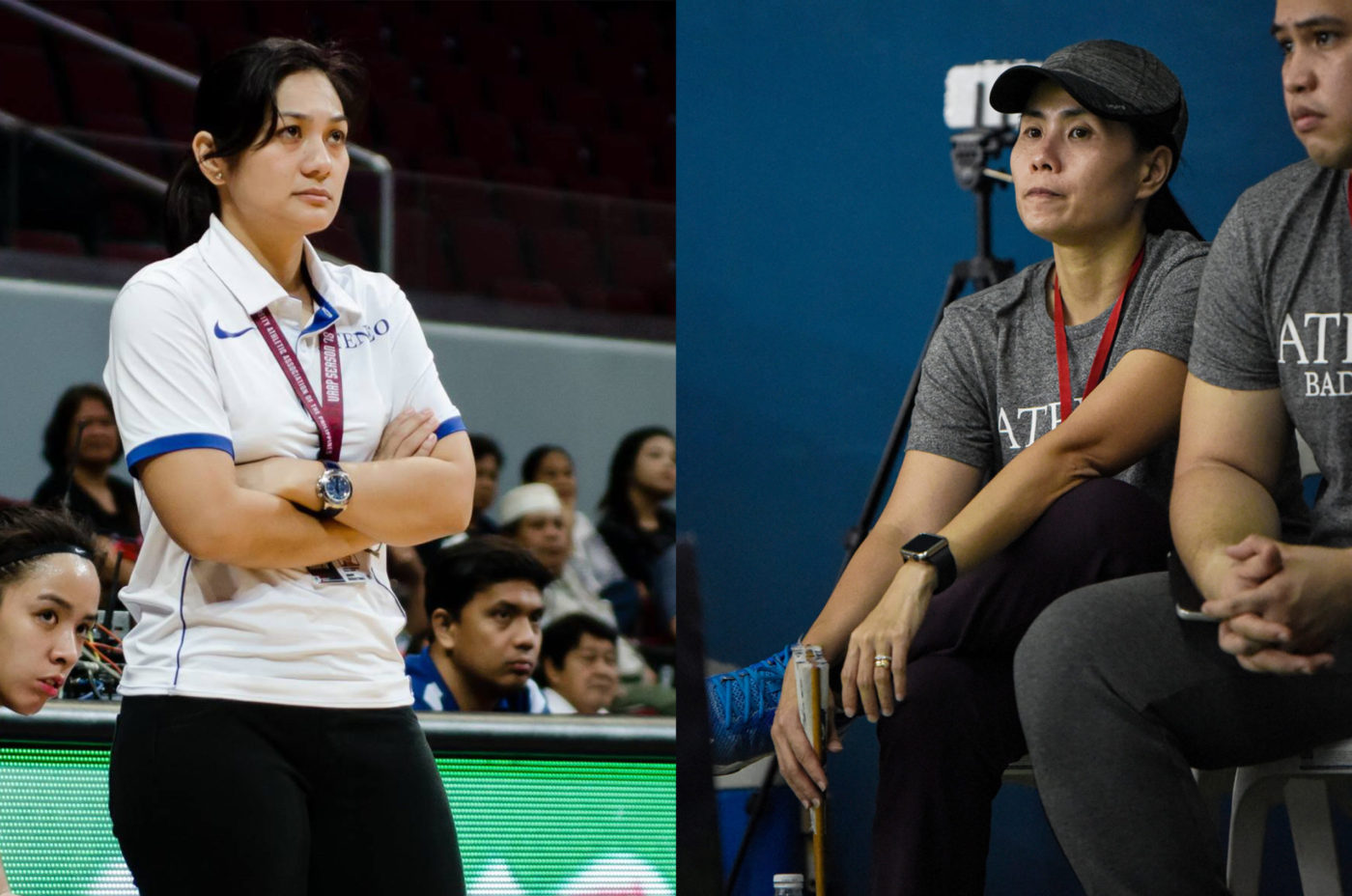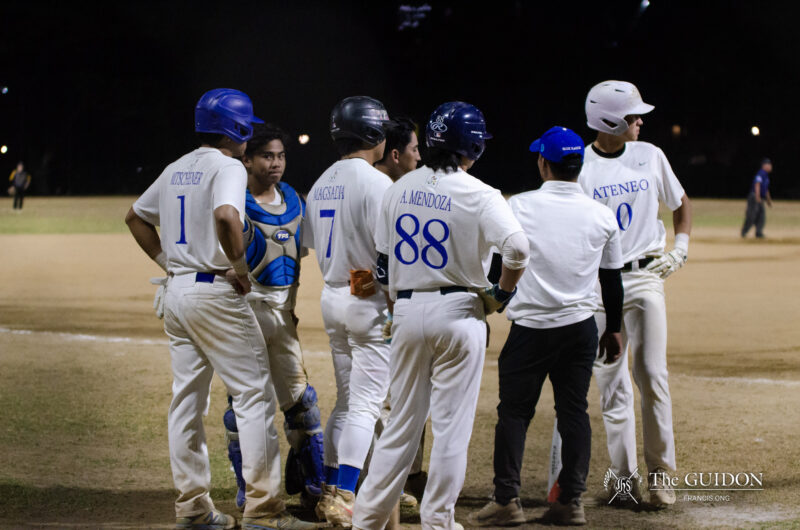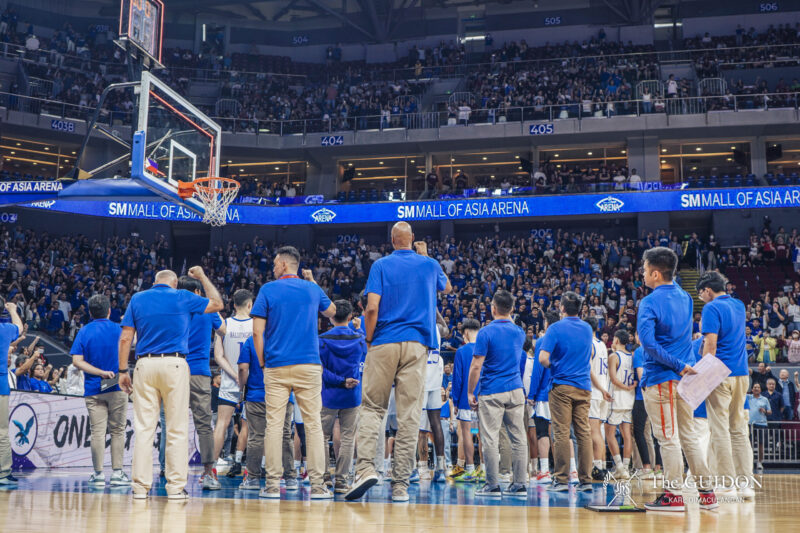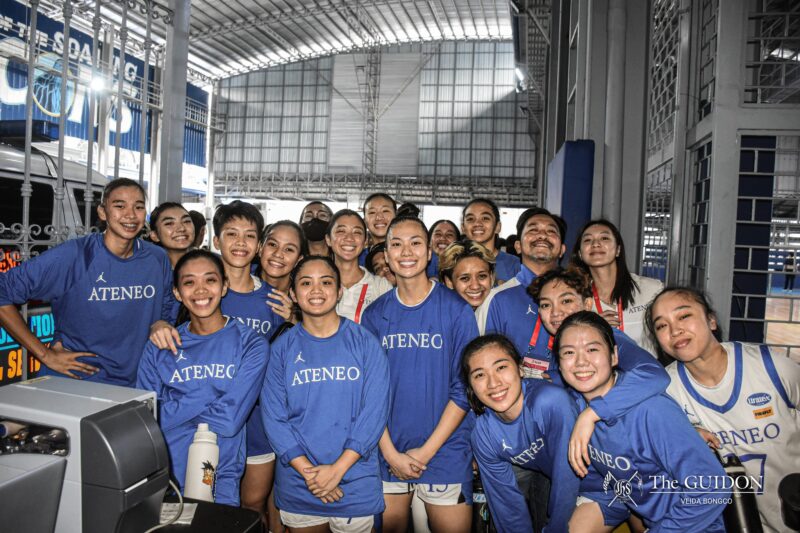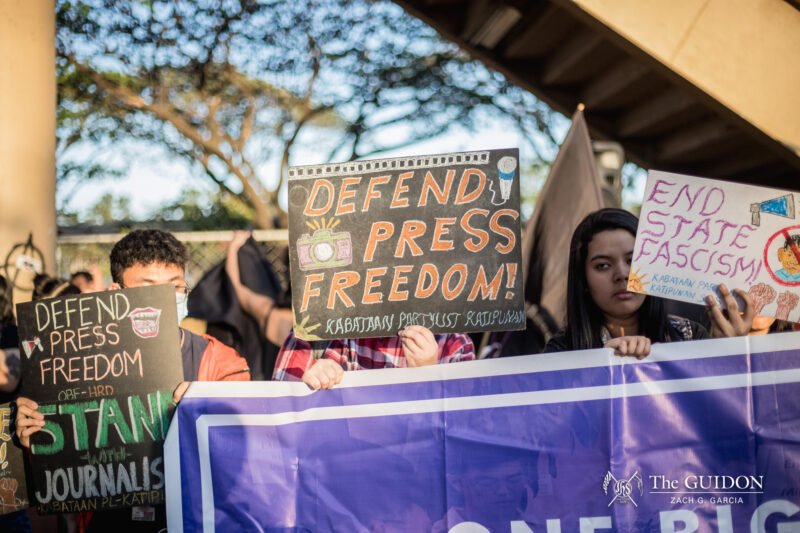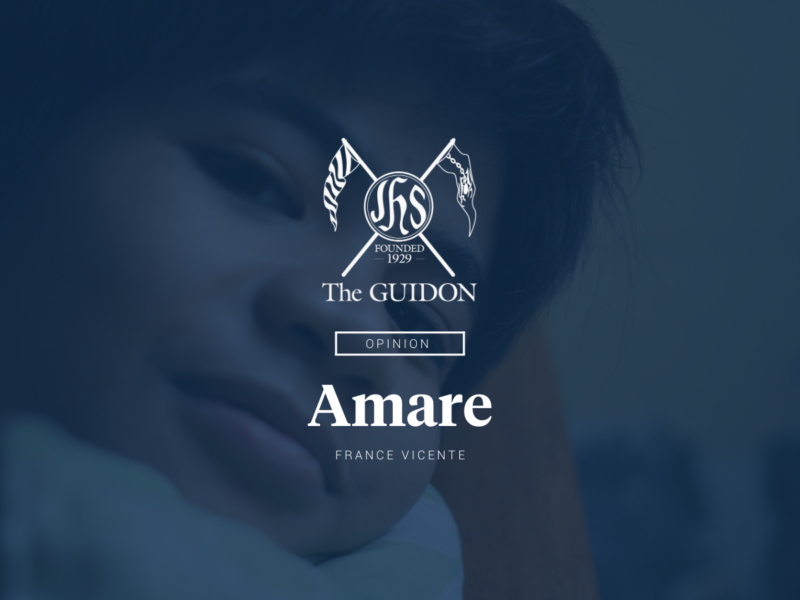AS FEMALE coaches continue to break barriers in sports on the international front, there is a need to focus on women in the Philippine sports coaching industry given their lack of representation in the country’s ranks. From discriminatory treatment to scarce career opportunities, a woman’s path to forging successful stints in coaching is riddled with adversity.
Given these circumstances, the sporting community must provide more coaching opportunities for women and do its best to educate itself in combating misogyny to encourage growth and development for aspiring female coaches.
Living proof
To the coaching industry’s credit, the current state of female coaches in local sports has recently witnessed positive strides, with Coach Mau Belen being named as the first Filipina coach in the Philippine Basketball Association. Aside from Belen, other female coaches have forged exemplary careers, and some of them can be found among Ateneo’s very own.
One particular example is Coach Kennie Asuncion, the champion head coach of the Ateneo Men’s and Women’s Badminton Teams. Taking up head coaching duties for both rosters, she has led the Ateneo badminton program to great success, securing multiple finals and championship berths in her 18 years with the University. Since her introduction to the team in 2003, the women’s team has captured back-to-back championship runs in Seasons 75 to 76 and Seasons 81 to 82. Under her mentorship, she also secured multiple first-place finishes for the men’s team in Seasons 74 and 76. These results are a product of her commitment to becoming a decorated coach amid the doubts surrounding her competency as the chief tactician.
Although Asuncion never faced any serious issues as a woman in the coaching ranks, other female coaches like former Ateneo Women’s Basketball Team (AWBT) Head Coach Erika Dy had been exposed to unfair treatment. Despite Dy leading the AWBT to a finals berth in UAAP Season 78, she experienced poor and biased treatment from fellow coaches and league officials all throughout her coaching career.
During her coaching days, Dy observed that her male counterparts from opposing teams were needlessly condescending in an attempt to make her feel small. “Just listening to [other coaches] and the way they talk to or speak about female coaches was different, especially when compared to how they would talk about their male counterparts. That was a tough issue,” she admitted.
Furthermore, Dy also witnessed similar behavior from league officials, especifically referees. In regard to officiating, she attributed some of referees’ calls to the misplaced assumption that women are less likely to complain. “When you question [referees], they would always have a smile on their face as if you don’t know anything. It didn’t bother me in terms of my focus on the game. I just let it go,” Dy said.
Although both Dy and Ascuncion both had successful coaching careers, their journeys as coaches are markedly different. In retrospect, one may posit that their varying experiences was a matter of timing, and that under different circumstances and conditions, Asuncion could have experienced the same level of difficulty that Dy did. Although this is plausible, the matter of female coaches’ success should not involve luck, as women should be given the opportunity to freely pursue a path in coaching wherein chance and gender are not a factor.
The perfect fit
Despite Dy’s negative experiences in the tournament level, Ateneo ensures that misogyny is absent in the University’s coaching ranks. According to University Athletics Office (UAO) Director Em Fernandez, Ateneo’s hiring procedure for coaches always considers the best person for the job and is never limited to a certain gender. With the initiatives of the UAO to find master tacticians, women have assumed coaching positions across multiple sports for the University as they showcased their potential as mentors.
However, given Dy’s negative coaching experiences, the UAAP and other tournaments may opt to educate their officials through seminars and workshops. Through these endeavors which will be implemented by the administrators of the leagues, gender sensitivity and proper etiquette among coaches will be promoted. On top of this, instituting violations for improper and unsportsmanlike behavior aimed towards coaches can serve as a means of mitigating this issue similar to professional leagues such as the National Basketball Association. In-game and monetary sanctions should be handed out not just to those on the court but also to the coaching staff and game officials as well.
Aside from educating key personnel and introducing sanctions for misconduct, another way to assist in the increase of female coaches would be the creation of platforms for women to hone their coaching capabilities. This may come in the form of organizing mentorship programs for those who show promise as well as instituting more trainee positions for women within amateur and professional coaching staffs. Providing women with more opportunities to interact with a team first-hand would provide management with more evidence that women can bring a unique dynamic that male coaches simply cannot replicate.
Witnessing the capabilities of women taking on the coaching mantle, the presence of more opportunities and openness within the industry presents an environment for female coaches to thrive in sports.
Making changes
Breaking through the coaching ranks as a woman takes an enormous amount of strength, due in large part to the discrimination and harsh treatment that female coaches are subjected to. Despite possessing a strong capability to lead players, female coaches remain largely underappreciated.
In order to combat the belief that women are not suitable coaches, the value and capabilities of female coaches must be recognized by the coaching industry and sporting community alike. By placing less importance upon one’s gender, toxic mindsets and behaviors will slowly but surely lose its place in sports. Through the development of healthier sports environments wherein growth for women is a focal point, coaching for women can become a viable career path for future generations to come.

